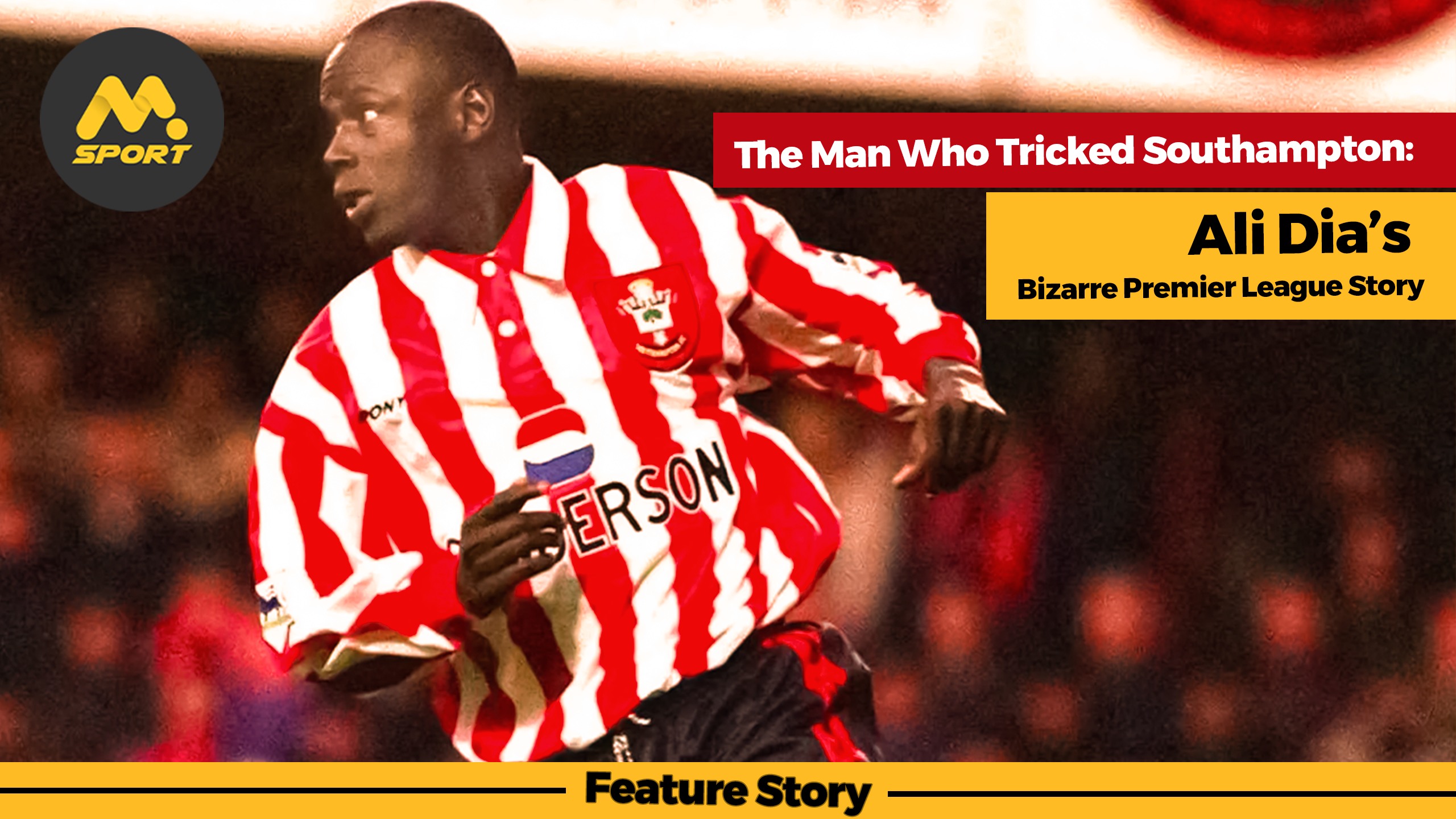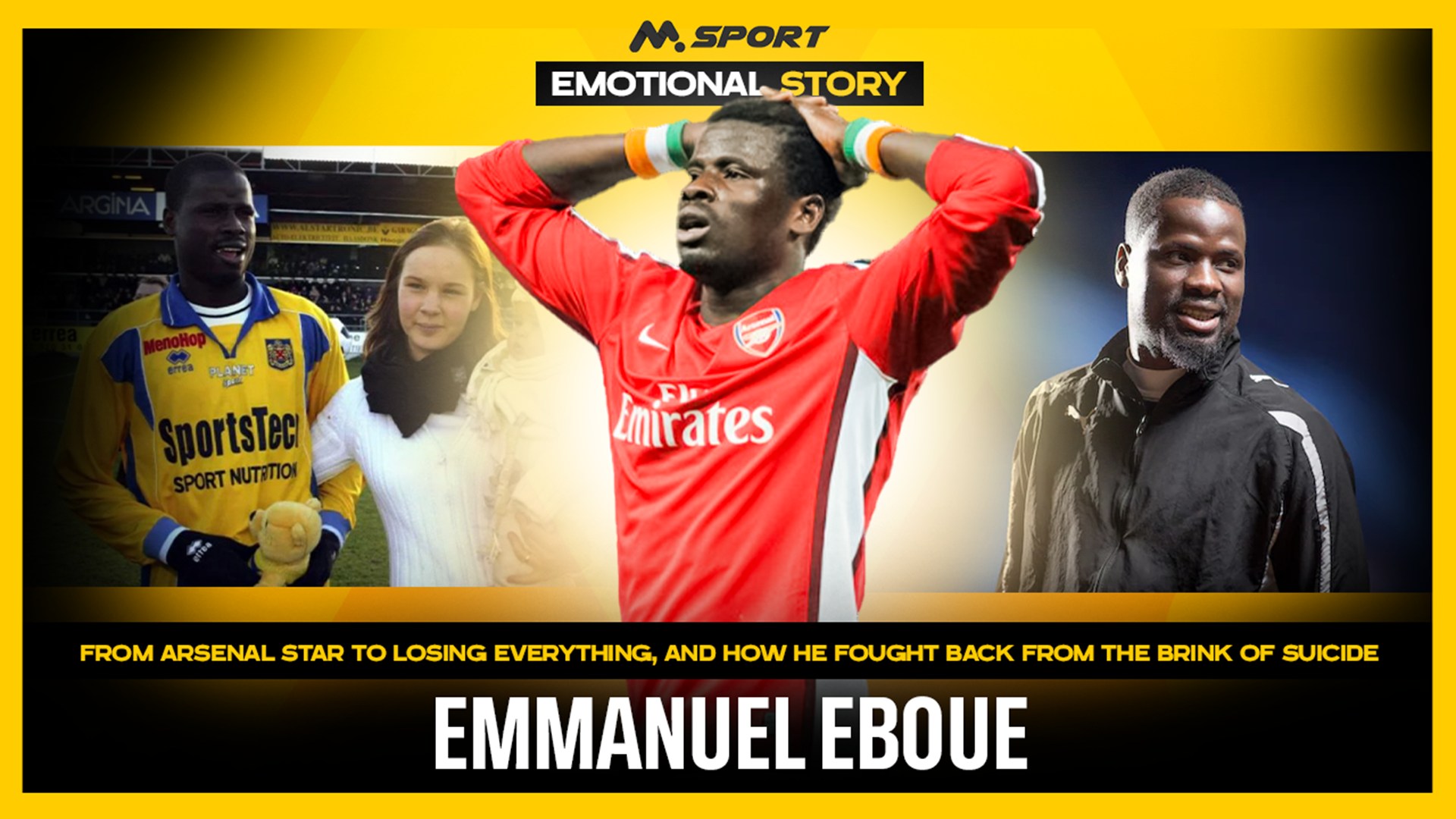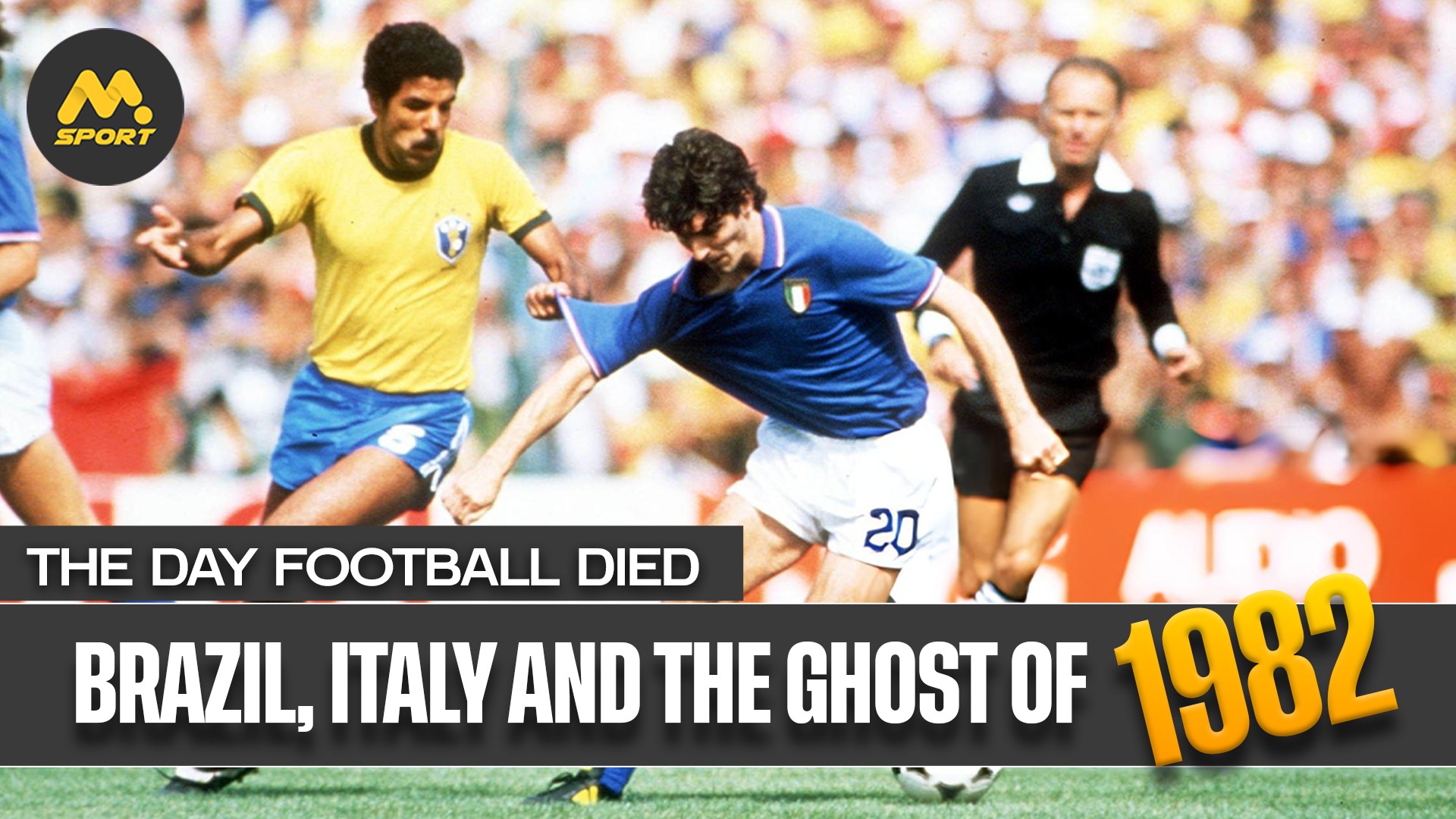The Premier League, a stage graced by footballing royalty, has witnessed moments of brilliance and drama. But none quite compare to the peculiar saga of Ali Dia, a player whose brief cameo for Southampton in 1996 remains one of the most surreal episodes in English football. A hoax phone call, a manager’s gamble, and a performance likened to “Bambi on ice” — Ali Dia’s story reads like the script of a footballing farce.
It began with a phone call, one that would leave Southampton manager Graeme Souness red-faced and the footballing world bewildered. On the other end of the line was a voice claiming to belong to George Weah, the Ballon d’Or-winning AC Milan striker. Weah, or his convincing impersonator, sang the praises of his "cousin," Ali Dia — a Senegalese international with 13 caps who had supposedly shared the pitch with him at Paris Saint-Germain. It was enough to intrigue Souness, a man known for his no-nonsense approach to football.
With injuries ravaging his squad, Souness offered Dia a one-month contract after a brief glimpse of his abilities in a training session. It wasn’t much of a glimpse — a five-a-side game where Dia failed to convince even his new teammates. “I thought he’d won a competition to train with us,” Southampton legend Matthew Le Tissier later recalled.
It began with a phone call, one that would leave Southampton manager Graeme Souness red-faced and the footballing world bewildered. On the other end of the line was a voice claiming to belong to George Weah, the Ballon d’Or-winning AC Milan striker. Weah, or his convincing impersonator, sang the praises of his "cousin," Ali Dia — a Senegalese international with 13 caps who had supposedly shared the pitch with him at Paris Saint-Germain. It was enough to intrigue Souness, a man known for his no-nonsense approach to football.
With injuries ravaging his squad, Souness offered Dia a one-month contract after a brief glimpse of his abilities in a training session. It wasn’t much of a glimpse — a five-a-side game where Dia failed to convince even his new teammates. “I thought he’d won a competition to train with us,” Southampton legend Matthew Le Tissier later recalled.
Ali Dia is 55 today.
— The 90s Football Podcast (@AK90s) August 20, 2020
You know the story. Halcyon days #Keepit90s
pic.twitter.com/c7miy2yf9l
Yet, fate (or folly) intervened. On November 23, 1996, Southampton hosted Leeds United. When Le Tissier hobbled off with a calf strain in the first half, Dia was thrust into the spotlight. Wearing the No. 33 shirt, he had the chance to silence the doubters. What followed, however, was 53 minutes of chaos.
“He was like a headless chicken,” Le Tissier would later remark. “Poor positional sense, no control, no awareness. It was embarrassing.” Dia’s movements were erratic, his touch unrefined, his decision-making baffling. Souness increasingly exasperated on the touchline, hauled him off for Ken Monkou. Leeds ran out 2-0 winners, but the scoreline was a footnote. The headlines belonged to Dia.
The aftermath was swift. Dia turned up for treatment the next day but disappeared shortly after, never to be seen at The Dell again. His contract was terminated just 14 days after it began, and Souness, known for his pride, has remained tight-lipped about the incident. In his autobiography The Management Years, Dia is conspicuously absent, a ghost of football past.
Rumors swirled about how Dia had orchestrated the con. The prevailing theory is that a university friend of Dia’s made the call pretending to be Weah. The real Weah later denied any knowledge of Dia, and one suspects he chuckled when the story reached him.
“He was like a headless chicken,” Le Tissier would later remark. “Poor positional sense, no control, no awareness. It was embarrassing.” Dia’s movements were erratic, his touch unrefined, his decision-making baffling. Souness increasingly exasperated on the touchline, hauled him off for Ken Monkou. Leeds ran out 2-0 winners, but the scoreline was a footnote. The headlines belonged to Dia.
The aftermath was swift. Dia turned up for treatment the next day but disappeared shortly after, never to be seen at The Dell again. His contract was terminated just 14 days after it began, and Souness, known for his pride, has remained tight-lipped about the incident. In his autobiography The Management Years, Dia is conspicuously absent, a ghost of football past.
Rumors swirled about how Dia had orchestrated the con. The prevailing theory is that a university friend of Dia’s made the call pretending to be Weah. The real Weah later denied any knowledge of Dia, and one suspects he chuckled when the story reached him.
ON THIS DAY: In 1996, Ali Dia played his one and only game for Southampton.
— Squawka (@Squawka) November 23, 2016
He had convinced Graeme Souness he was George Weah's cousin. pic.twitter.com/L8lGXou1QR
Post-Southampton, Dia’s footballing career meandered into obscurity. He played a handful of games for non-league Gateshead, scoring twice, before hanging up his boots. From there, his life took a more conventional path: business studies at Northumbria University, followed by a Master’s in Business Administration in San Francisco. Today, he is believed to live in London, far removed from the game that brought him fleeting fame.
Dia, for his part, has defended his story. In a rare interview with Bleacher Report, he claimed, “They have portrayed me as a liar, and that is bull. I did play for Paris Saint-Germain... Southampton knew my abilities.” He spoke of a final training match where he scored twice. “I have no regrets,” he added. “God is going to be our judge.”
The Premier League, for all its glamour, has its share of curiosities. Ali Dia’s appearance remains a reminder of football’s unpredictability. His story is less about failure and more about audacity, about daring to dream and finding oneself, however briefly, on the grandest of stages.
For Graeme Souness, it was an embarrassing misstep. For Matthew Le Tissier, it was a moment of disbelief. But for Ali Dia, it was a leap into legend, however unwittingly. And for the rest of us, it’s a tale to chuckle over, a parable about the beautiful game’s capacity to surprise.
The man who tricked Southampton didn’t just con his way onto the pitch; he carved out a peculiar place in football folklore.
Dia, for his part, has defended his story. In a rare interview with Bleacher Report, he claimed, “They have portrayed me as a liar, and that is bull. I did play for Paris Saint-Germain... Southampton knew my abilities.” He spoke of a final training match where he scored twice. “I have no regrets,” he added. “God is going to be our judge.”
The Premier League, for all its glamour, has its share of curiosities. Ali Dia’s appearance remains a reminder of football’s unpredictability. His story is less about failure and more about audacity, about daring to dream and finding oneself, however briefly, on the grandest of stages.
For Graeme Souness, it was an embarrassing misstep. For Matthew Le Tissier, it was a moment of disbelief. But for Ali Dia, it was a leap into legend, however unwittingly. And for the rest of us, it’s a tale to chuckle over, a parable about the beautiful game’s capacity to surprise.
The man who tricked Southampton didn’t just con his way onto the pitch; he carved out a peculiar place in football folklore.


![Loved by Their Own, Hated Everywhere Else: Football's Top 10 Villains [Ranked]](/images/2021/Msport%20FS%20Villains.jpg)




